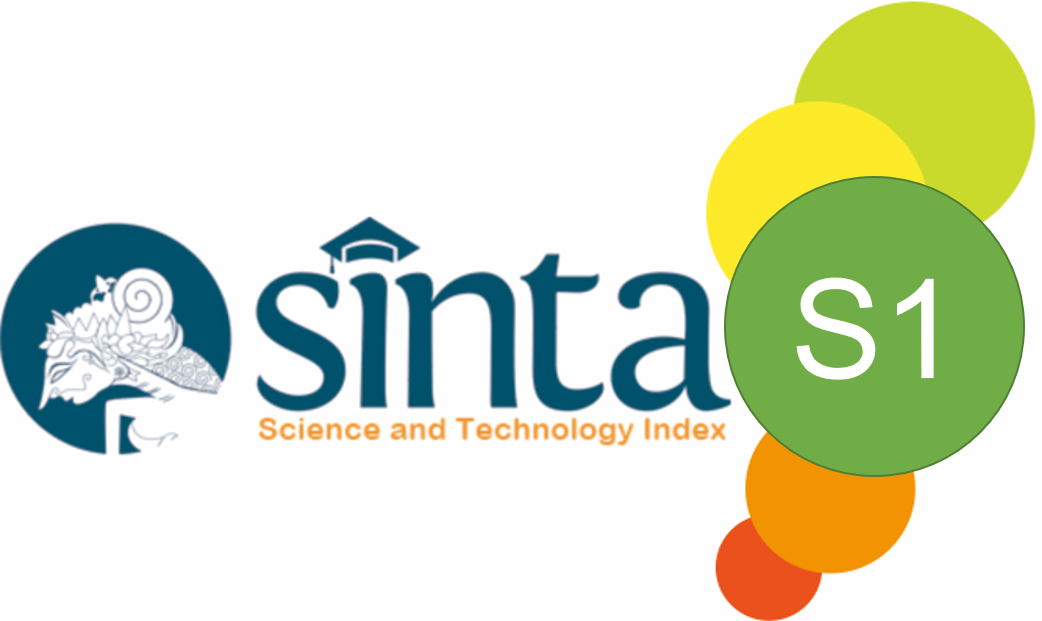A Neural Network Aided Real-Time Hospital Recommendation System
Abstract
Over the past few years, there have been an overwhelming number of healthcare providers, hospitals and clinics. In such a situation, finding the right hospital for the right ailment can be a considerable challenge. Inspired by this challenge, this work attempts to build a model that can automatically recommend hospitals based on user requirements. In the past there have been important works in physician recommendation. Our proposed work aims to be more inclusive and provide an automated hospital recommendation system to patients based on neural networks driven classification. We suggest a model that considers several unique parameters, including geographical location. To optimize its usefulness, we design a system that recommends hospitals for general consultation, specialty hospitals, and in view of the pandemic, hospitals recommended for treatment of COVID-19. In this work, we adopt Neural Networks and undertake a comparative analysis between several different available supervised algorithms to identify one best suited neural architecture that can work best in the applied fields. Based on our results from the analysis, we train the selected neural network with context relevant data. In the image of the recommendation system, we develop a website that uses the trained neural network on its backend and displays the recommendation results in a manner interpretable by the end user. We highlight the process of choosing the right neural model for the backend of the website. To facilitate the working of the website in real-time, we use real time databases hosted on Google Firebase and edge devices on hospital ends. Additionally, we suggest two hospital side data updation tools. These tools would ensure that hospitals can update the parameters which change quickly in the real world to their latest values so as to maintain the precision of the system. We test the website with test data and find that the website recommends hospitals with sufficient precision in the specified format. The model has been designed with the limited amount of data available in this field, but its performance and utility can be easily improved with better quality and more abundant data.
Keywords
Full Text:
PDFReferences
Albahri, A., Albahri, O., Zaidan, A., Zaidan, B., Hashim, M., Alsalem, M., Enaizan, O. (2019). Based multiple heterogeneous wearable sensors: A smart real-time health monitoring structured for hospitals distributor. IEEE Access, 7, 37269-37323.
Albertbup. (2018). albertbup/deep-belief-network. Retrieved from https://github.com/albertbup/deep-belief-network, retrieved on April 20, 2020.
Cambria, E., Hussain, A., Havasi, C., & Eckl, C. (2009). Common sense computing: From the society of mind to digital intuition and beyond. In European Workshop on Biometrics and Identity Management (pp. 252-259). Springer, Berlin, Heidelberg. https://sentic.net/common-sense-computing.pdf, retrieved on April 20, 2020
https://cpb-us-w2.wpmucdn.com/u.osu.edu/dist/c/28860/files/2016/08/Star_Rtngs_CompMthdlgy_052016-148w094.pdf, retrieved on April 20, 2020.
https://globalepidemics.org/our-data/hospital-capacity/, retrieved on April 20, 2020.
https://www.kaggle.com/cms/hospital-general-information, retrieved on April 20, 2020.
Gallagher, J. (2020, April 21). Coronavirus vaccine: When will we have one? BBC News. https://www.bbc.com/news/health-51665497, retrieved on April 21, 2020.
Gupta, P., Pol, S., Rahatekar, D., & Patil, A. (2016). Smart ambulance system. International Journal of Computer Applications, 6, 23-26.
Habibi, A. N., Sungkono, K. R., & Sarno, R. (2019). Determination of Hospital Rank by Using Technique For Order Preference by Similiarity to Ideal Solution (TOPSIS) and Multi Objective Optimization on the Basis of Ratio Analysis (MOORA). 2019 International Seminar on Application for Technology of Information and Communication (iSemantic) (pp. 574-578). IEEE. https://ieeexplore.ieee.org/abstract/document/8884278, retrieved on April 20, 2020.
Schiza, E. C., Kyprianou, T. C., Petkov, N., & Schizas, C. N. (2018). Proposal for an ehealth based ecosystem serving national healthcare. IEEE journal of biomedical and health informatics, 23(3), 1346-1357.
Tabrizi, T. S., Khoie, M. R., Sahebkar, E., Rahimi, S., & Marhamati, N. (2016, July). Towards a patient satisfaction based hospital recommendation system. In 2016 International Joint Conference on Neural Networks (IJCNN) (pp. 131-138). IEEE. https://ieeexplore.ieee.org/abstract/document/7727190, retrieved on March 20, 2020.
Verma, K. J. M. (2020). COVID-19: China shuts down largest makeshift hospital in Wuhan. Business Insider India. https://www.businessinsider.in/international/news/covid-19-china-shuts-down-largest-makeshift-hospital-in-wuhan/articleshow/75157291.cms, retrieved on April 15, 2020.
Wen, H., Song, J., & Pan, X. (2020). Physician Recommendation on Healthcare Appointment Platforms Considering Patient Choice. IEEE Transactions on Automation Science and Engineering, 17(2), 886-899.
Zhang, G. P. (2000). Neural networks for classification: a survey. IEEE Transactions on Systems, Man, and Cybernetics, Part C (Applications and Reviews), 30(4), 451-462.
DOI: https://doi.org/10.17509/ijost.v5i2.24585
Refbacks
- There are currently no refbacks.
Copyright (c) 2020 Indonesian Journal of Science and Technology

This work is licensed under a Creative Commons Attribution-ShareAlike 4.0 International License.
Indonesian Journal of Science and Technology is published by UPI.
View My Stats




















